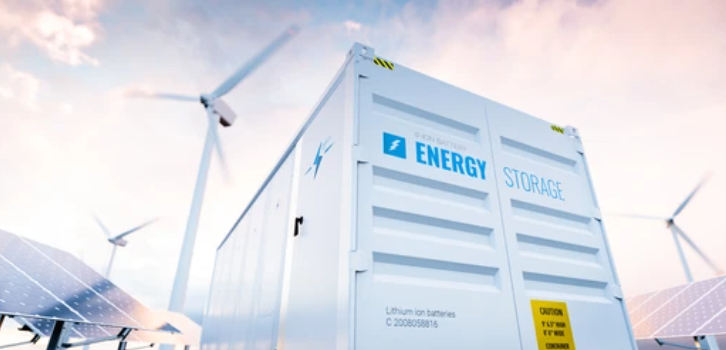After passing the course, students should be able to:
- Classify energy storage technologies
- Conceptualise and design energy storage systems with appropriate control strategies
- Evaluate techno-economic, social and environmental performance with Performance Indicators (Key Performance Indicators, KPI)
- Suggest business scenarios with energy storage technologies
